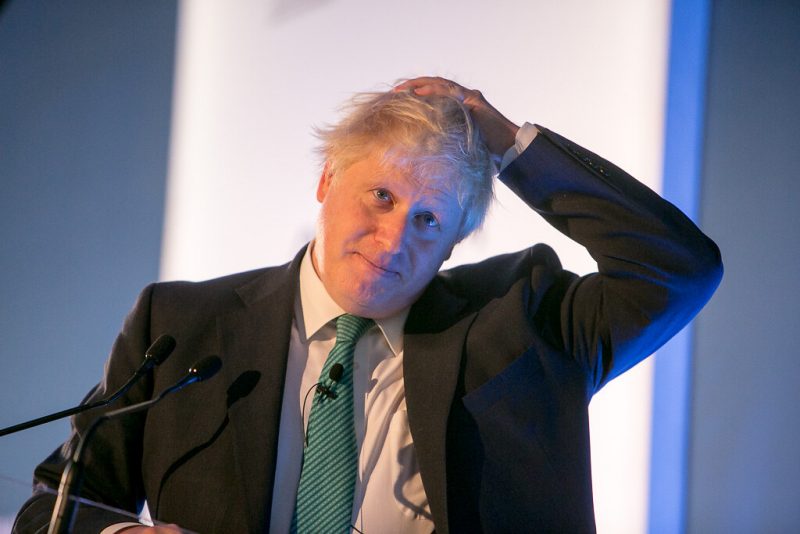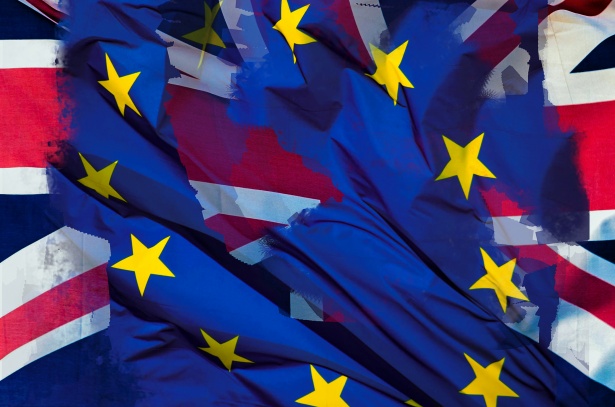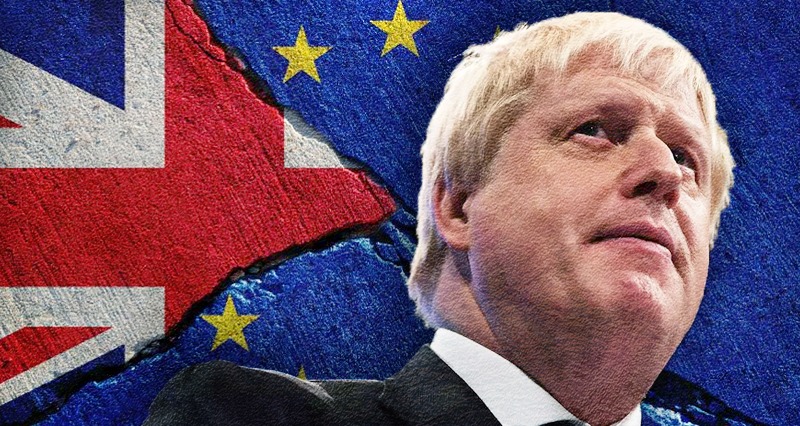Theresa May’s chance at being the Prime Minister who delivers Brexit to the British people has expired. No amount of renegotiating with the European Union or pleading with the MPs of Westminster did much good in saving her career.
Now the Tory Party’s former frontrunner, Boris Johnson, has come to replace May. His Donald Trump-style reputation of a signature hairstyle, history as a TV personality, and political incorrectness has already caused parallels to be drawn. On top of that, Johnson’s “hard-brexiteer” rhetoric has set off alarm bells in both Westminster and Washington; one example being The Washington Post’s cynically titled article “Could Boris Johnson’s ‘No Deal’ Brexit Break Up the United Kingdom?”
But let’s cut through the circus stunts surrounding the media’s coverage of Johnson and get down to the issue dominating every conversation regarding Brexit as of late.

Flickr
The Irish Backstop
The Irish Backstop has been Johnson’s biggest hurdle in dealing with Brexit thus far – as it was under May’s administration. It’s the European Union’s attempt to keep UK-occupied Northern Ireland within its customs union and single market system. Throughout negotiations with May’s administration, the EU Parliament has made it clear that the Irish Backstop is non-negotiable.
At the same time, the UK’s Prime Minister has said preventing a no-deal-scenario is “very much up to our friends and partners across the channel,” and that Westminster has already made up its mind. A promise that concession will not translate into the establishment of a hard Northern Ireland border was apparently the best Johnson could do, as the EU knows “that three times the House of Commons has thrown out that backstop, there’s no way [they] can get it through,” he said.
But Ireland’s government supports the Backstop, both seeing an opportunity to bring its occupied land closer to the motherland and distrusting Johnson’s promise that the UK won’t set up a hard customs control border. Mary Lou McDonald, leader of the Irish Nationalist Party Sinn Fein, even said it would be “unthinkable” not to hold a vote on Irish reunification in the event of a no-deal-Brexit.

Pixabay
European Ireland = Independence?
Ireland’s complete reunification would be a victory for the Irish people, no doubt, after decades of suffering under British colonial oppression and its legacy that continues to this day. But Northern Ireland’s departure from the UK as a result of Brexit could simply mean exchanging their previous imperialist overlords for new ones.
That could even be part of the Irish government’s whole plan. Prime Minister Leo Varadkar might be a poster boy of identity politics, homosexual with Indian decent, but much more importantly he is an austerity-championing neoliberal – representing the ruling globalist Fine Gael Party. Not to mention, the Irish Republic has already deeply integrated with global capital, especially after a flood of U.S. foreign direct investment in the 1990’s took the Irish economy for a neoliberal boom and bust bull-ride deceivingly nicknamed the Celtic Tiger by its admirers.
So for the most prosperous of Ireland’s capitalists, remaining in the EU customs union and single market system would mostly mean business-as-usual, without any ties to London. On the other hand, for the workers and petty-proprietors of Ireland, the same situation would mean total submission to the system of global neoliberal capital.

Public Domain Pictures
Neoliberal Austerity in Ireland
The world has already seen how economically weaker states bear the brunt of neoliberal austerity in relation to those significantly stronger – particularly within the EU. Of course, Greece is the most glaring example, which has a GDP comparable to that of Ireland and is still reeling from its debt crisis that begin after the 2008 global recession. But even France, a country with an economy 7 times larger than Irelands, is seeing endless yellow vest protests resulting from the EU’s austerity initiatives.
The Irish people have a centuries-long tradition of resistance to the English occupation that has brought so much suffering to their country. If the Irish government were to submit its nation’s will to that of European capital, it might not take more than a Greek or French style austerity situation to usher in new Troubles.

















Leave a Reply